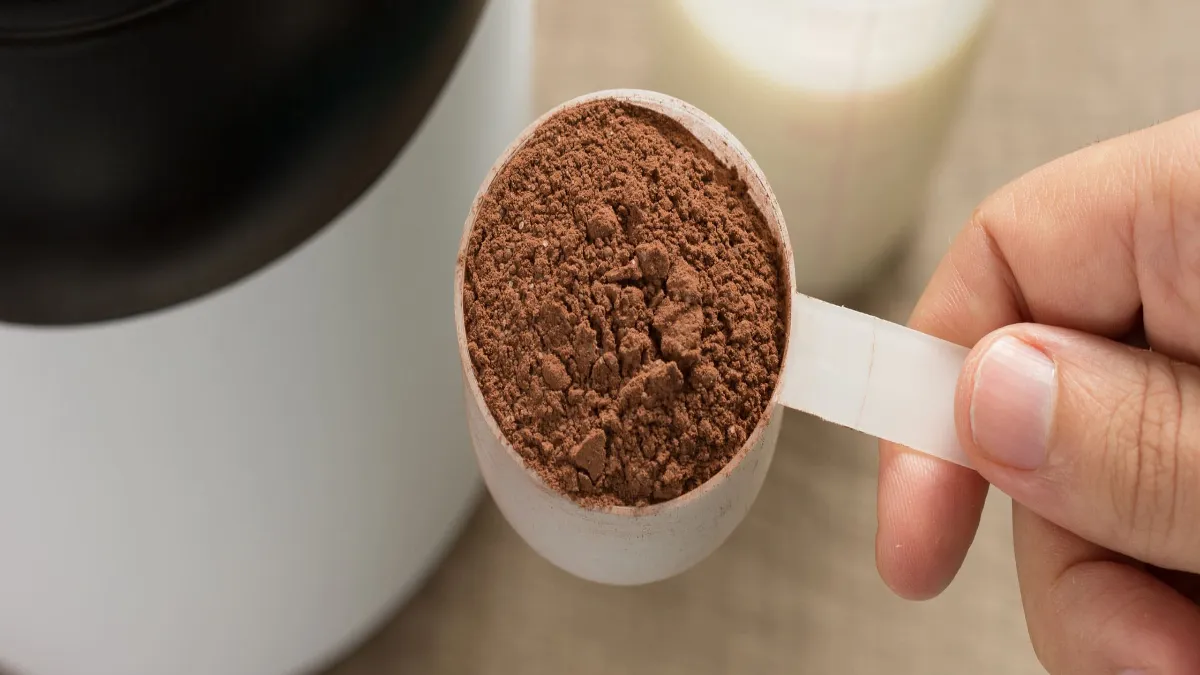Protein powder has become a staple in the dietary routines of fitness enthusiasts, athletes, and health-conscious individuals. However, amidst the containers and tubs lining shelves, a common question arises: Does protein powder expire? This article aims to unravel the mystery behind the shelf life of protein powder, providing insights into the factors influencing its longevity and how to ensure the product’s freshness and efficacy.
Understanding Protein Powder Expiry:
- Expiration Dates:
- Most commercially available protein powders come with a designated expiration or “best by” date. This date indicates the period during which the product is expected to maintain its optimal quality and effectiveness.
- Protein Stability:
- The stability of protein powder is influenced by factors such as storage conditions, exposure to moisture, temperature fluctuations, and the type of protein used in the formulation.
- Protein Types and Source:
- Different protein sources, such as whey, casein, pea, or soy, may have varying stabilities. For example, whey protein, being derived from milk, may be more susceptible to degradation than plant-based options.
Factors Influencing Protein Powder Freshness:
- Storage Conditions:
- Proper storage is paramount. Keep protein powder in a cool, dry place away from direct sunlight. Exposure to moisture can lead to clumping and spoilage.
- Air-Tight Containers:
- Reseal protein powder containers tightly after each use to minimize exposure to air. Oxygen can contribute to oxidation, affecting the taste and nutritional quality.
- Temperature Control:
- Avoid storing protein powder in areas prone to temperature fluctuations, such as near stoves or refrigerators. Consistent, moderate temperatures contribute to product longevity.
- Moisture Prevention:
- Moisture is the enemy of protein powder. Even small amounts of moisture can lead to clumping and microbial growth. Consider using moisture-absorbing packets in the container.
Signs of Expired Protein Powder:
- Off Odors or Flavors:
- If the protein powder develops an unusual or off-putting smell or taste, it may indicate spoilage.
- Texture Changes:
- Clumping, hardening, or changes in texture can be signs of protein powder deterioration.
- Discoloration:
- Unusual changes in color, especially if the powder develops dark spots or becomes significantly lighter, may suggest expiration.
Ensuring Freshness and Safety:
- Regular Inspections:
- Periodically check the appearance, smell, and taste of the protein powder. If any abnormalities are noticed, it’s advisable to discontinue use.
- Purchase Wisely:
- Buy protein powder from reputable brands and retailers. Check for third-party testing and quality assurances.
- Proper Sealing:
- Ensure that the container is tightly sealed after every use to prevent exposure to air and moisture.
- Storage Awareness:
- Be mindful of where you store the protein powder, opting for cool, dry places away from direct sunlight and temperature fluctuations.
In conclusion, yes, protein powder does expire. However, by understanding the factors influencing its shelf life and adopting proper storage practices, individuals can maximize the freshness and effectiveness of their protein supplements. Regular inspections, adherence to expiration dates, and a vigilant approach to storage can contribute to a positive and safe protein powder experience, ensuring that each scoop continues to support fitness goals and overall well-being.


